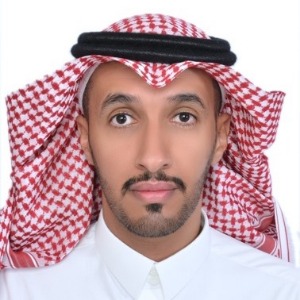Title: Sustainability awareness and practices in dental laboratories of Saudi Arabia
Abstract:
Background: The dental sector’s significant environmental footprint has prompted a global call for sustainable practices in oral healthcare. Dental laboratories, in particular, generate considerable waste and carbon emissions due to single-use materials, chemical usage, and energy-intensive equipment. However, data on sustainability awareness and practices in dental labs, especially in Saudi Arabia, remain scarce.
Objectives: This study surveyed dental technicians and prosthodontists in Saudi Arabia to assess current sustainability practices, awareness levels, and perceptions, and to compare responses by professional role, region, and self-rated knowledge.
Methods: A cross-sectional questionnaire was distributed to 350 participants (210 technicians, 140 prosthodontists) across Saudi regions. The survey covered demographic information, self-assessed sustainability knowledge, current eco-friendly practices (waste management, recycling, energy use, digital workflows), attitudes towards sustainable dentistry, and perceived barriers. Descriptive statistics (frequencies, percentages) were calculated, and group comparisons were evaluated (Chi-square tests, α=0.05).
Results: Overall awareness of the concept of “sustainable dentistry” was moderate, with about 70% of respondents being aware; however, prosthodontists were much more aware than technicians (80% vs 60%, p<0.001). Only 20% of participants scored their knowledge of sustainability as high. Current eco-friendly behaviors included proper segregation of hazardous waste (about 90%) and recycling of dental materials (56%); however, extensive sustainability policies were largely absent. Technicians reported more frequent recycling of materials compared to prosthodontists (66% vs 50%, p=0.01). An overwhelming majority of participants (about 88%) agreed on the need to adopt sustainable practices in dental laboratories. Key barriers identified were a lack of awareness and training (65%), added expense (50%), and a lack of guidelines (45%). Respondents who rated their knowledge as higher showed a significantly higher likelihood of adopting sustainable practices than those who had lower knowledge (e.g., 80% vs 20% for recycling, p<0.001).
Conclusions: Sustainability awareness in Saudi Arabian dental labs is evolving inconsistently. While a series of ecologically friendly measures have been instated, there are still major gaps in education and codified policies. A strong desire to adopt more sustainable measures exists on condition of providing education, guidelines and resources.




